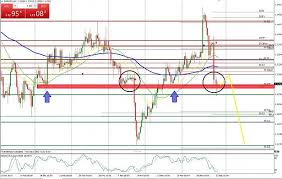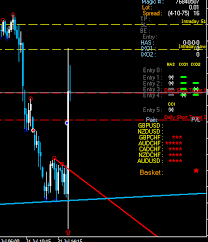
Introduction: The Importance of GameStop
GameStop has transformed from a traditional video game retailer into a significant case study in retail investing and social media influence. The events surrounding GameStop’s stock price surge in early 2021 ignited discussions on market dynamics, investing strategies, and the power of collective action among retail investors. This article explores GameStop’s journey, the implications for the financial world, and future prospects for both the company and its investors.
A Brief Overview of GameStop
Founded in 1984, GameStop is a retail company that sells video games, consoles, and accessories. Throughout the 1990s and 2000s, GameStop saw significant growth, establishing stores across North America and expanding its online presence. However, the technological shift towards digital gaming led to declining sales for the retail chain, leaving it vulnerable to financial instability.
The GameStop Phenomenon
In January 2021, GameStop’s stock experienced an unprecedented rise, fueled by a group of retail investors on Reddit’s WallStreetBets forum. These investors rallied to buy shares, driving the stock price from around $20 to over $480 within a few weeks. The phenomenon was not merely an attempt to profit; it also served as a rebellion against Wall Street hedge funds that had heavily shorted GameStop stock.
Impact on Markets and Communities
The surge in GameStop’s stock price prompted significant market volatility, ultimately forcing major hedge funds like Melvin Capital to intervene and close their short positions. This event raised questions about market manipulation, the role of social media in trading, and the accessibility of financial markets to everyday individuals. Furthermore, it galvanized a community of retail investors, emphasizing the power of collective action.
GameStop’s Recovery and Future Prospects
Since the stock explosion, GameStop has made strategic moves to adapt to the changing landscape. The company has focused on enhancing its e-commerce platform and diversifying its product range to appeal to a broader audience. Recent announcements about partnerships with major gaming companies indicate a potential turnaround for the struggling retailer. However, as of now, GameStop still faces challenges in sustaining profitability amidst a competitive gaming market.
Conclusion: Significance for Investors
The GameStop saga serves as a significant lesson in the world of finance and investing. It highlights the growing influence of retail investors and the power of communities in shaping market dynamics. For readers, the ongoing developments surrounding GameStop will be pivotal in understanding the future of investing—both as individual participants and as part of a larger movement that defies traditional financial structures. As such, staying informed about companies like GameStop can provide valuable insights into the ever-evolving landscape of retail investing.






